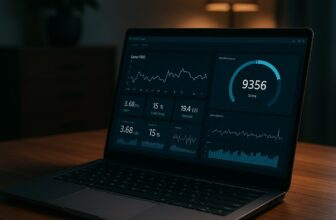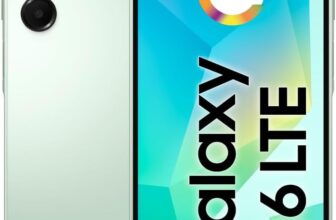
A new report from AppleInsider purports to have all the details on the camera upgrades we can expect in the iPhone 16 line when it is introduced in less than a month. It looks like all phones are getting a few hardware upgrades, but there are some new software tricks in store, too.
iPhone 16 and 16 Plus get these improvements
The main Wide lens will remain as it is on the iPhone 15 (48MP, f/1.6), but the Ultra Wide will have a wider f/2.2 aperture (from f/2.4). It sounds like it’s probably the same as the Ultra Wide on the iPhone 15 Pro.
The standard iPhones will support Macro photography for the first time.
iPhone 16 Pro and 16 Pro Max get these improvements
The main Wide camera will be unchanged (48MP, f/1.78).
The Telephoto camera will be the same 12MP, f/2.8 camera as on the iPhone 15 Pro Max, with its 5x zoom. But the iPhone 16 Pro will get that as well; it won’t be exclusive to the Max model this year.
The Ultra Wide will move to a 48MP camera that can either shoot full-resolution or use the same 12MP “pixel binning” feature as the Wide camera to get better sensitivity and performance in low light. Apple is likely to support ProRAW format for this camera for the first time.
Apple will improve Dolby Vision recording to support up to 3K video at 120 frames per second. Current devices max out at 1080P at 120 or 240 fps and 4K at 60fps. So this new extra option gives you a better balance of high resolution and frame rate.
JPEG-XL
Apple is said to be introducing the JPEG-XL format to its camera capture this year. It will not replace other formats: you’ll still have JPEG, HEIF, and ProRAW.
JPEG-XL is an existing standard royalty-free image format that was formally standardized about three years ago. It offers better compression than JPEG with fewer artifacts, and can support both lossy or lossless compressed images.
It supports massive images, high bit depth, HDR, and animation. And it’s very fast to encode and decode. It’s a suitable replacement in almost every way for old JPEG format, HEIC, WebP, and PNG, offering comparable-or-better quality, same-or-better features, and comparable-or-better compression in most use cases.
JPEG-XL hasn’t been very popular yet, but Apple’s inclusion of the format in the latest iPhone should give it a real boost, especially if Apple makes this format the new default.
Capture button
All four iPhone 16 models will get a new Capture button, located in the lower-right side so that it is placed like a camera shutter, right under your index finger, when your iPhone is held in landscape orientation.
It will be a capacitive button that uses haptics to mimic the feel of clicks. It’s meant to be used only with camera apps, and you can choose to have it open Apple’s camera app or a third-party one. In addition to a full press to take a photo or start recording video, you will be able to half-press the button, which will have different functions in different apps—developers can use an API to detect the half-press and decide what to do. In most professional cameras a half-press locks focus and exposure, and it’s likely this is how the default Apple Camera app will work.
You’ll also be able to slide your finger along the button, which developers can use how they wish via an API. (Our guess is that this will have a haptic feeling as well, like the detents on a DSLR’s dials.) It can be used to adjust zoom, exposure, cycle through filters, or really whatever a developer decides to do with it.







